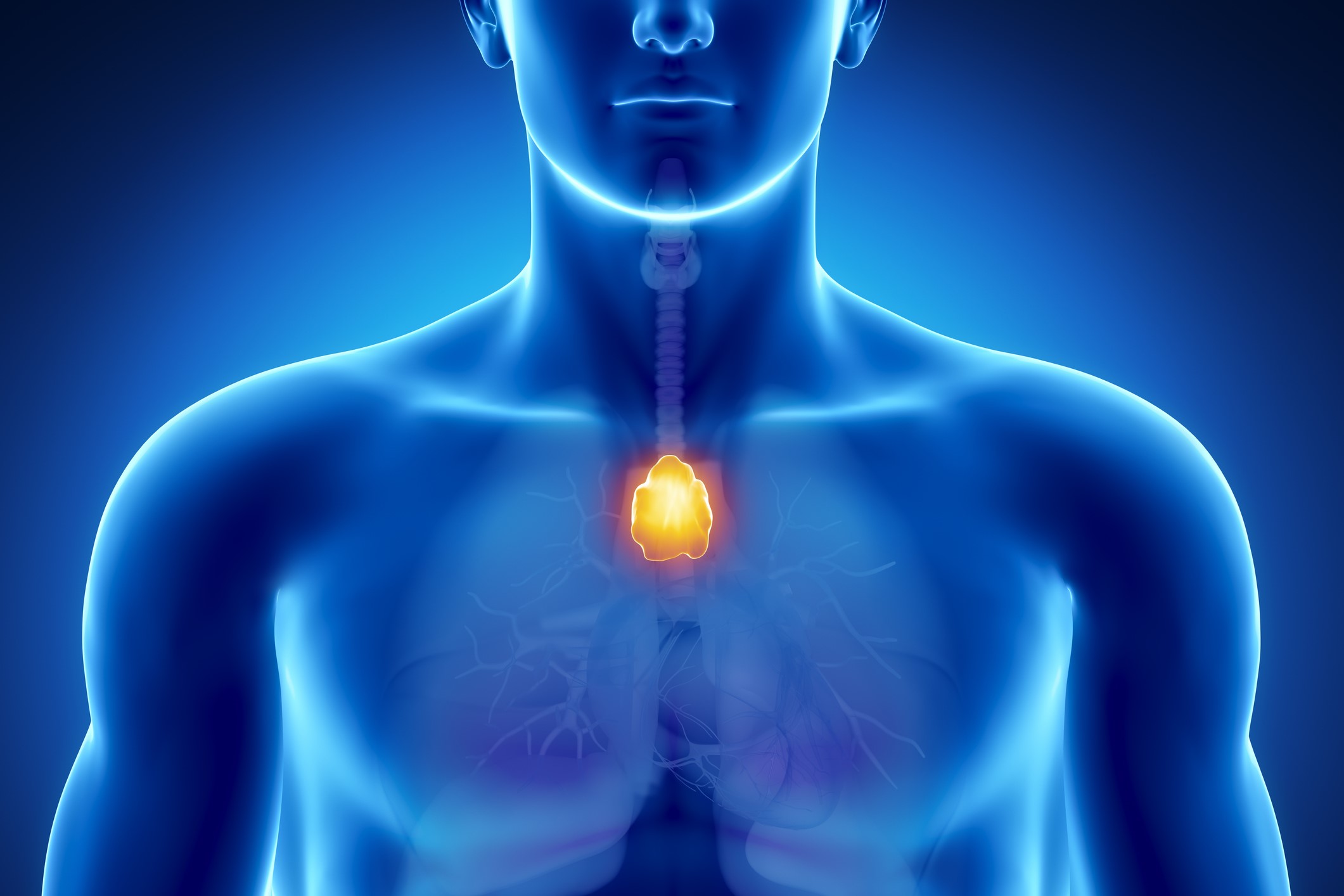
Familial myasthenia gravis (FMG) is a rare genetic disorder that affects the communication between nerves and muscles, leading to muscle weakness and fatigue. This condition can impact daily activities, making simple tasks feel like monumental challenges. Understanding FMG is crucial for those affected and their families. This blog post will provide 30 essential facts about FMG, shedding light on its causes, symptoms, diagnosis, and treatment options. Whether you're newly diagnosed, a caregiver, or just curious, these facts will help you grasp the complexities of this condition. Let's dive into the world of FMG and uncover what makes it unique.
Key Takeaways:
- Familial Myasthenia Gravis (FMG) is a rare inherited condition causing muscle weakness. It can affect breathing and daily activities, but treatments and support can help manage symptoms and improve quality of life.
- Research into FMG is ongoing, aiming to develop new treatments and improve early diagnosis. Support groups and resources are available to provide valuable information and emotional support for individuals and families affected by FMG.
What is Familial Myasthenia Gravis?
Familial Myasthenia Gravis (FMG) is a rare, inherited form of myasthenia gravis, a chronic autoimmune disorder. It affects the communication between nerves and muscles, leading to muscle weakness and fatigue. Here are some fascinating facts about FMG.
- FMG is caused by genetic mutations that affect the neuromuscular junction, where nerve cells communicate with muscle cells.
- Unlike the more common autoimmune myasthenia gravis, FMG is passed down through families.
- Symptoms of FMG often appear in childhood or adolescence, but they can also manifest later in life.
- Muscle weakness in FMG typically worsens with activity and improves with rest.
- The severity of FMG symptoms can vary widely, even among family members with the same genetic mutation.
Symptoms and Diagnosis
Understanding the symptoms and how FMG is diagnosed can help in managing the condition effectively.
- Common symptoms include drooping eyelids (ptosis), double vision (diplopia), and difficulty swallowing (dysphagia).
- Some individuals may experience weakness in their arms, legs, and neck muscles.
- FMG can also affect respiratory muscles, leading to breathing difficulties in severe cases.
- Diagnosis often involves a combination of clinical evaluation, blood tests, and electromyography (EMG) to assess muscle function.
- Genetic testing can confirm the presence of mutations associated with FMG.
Treatment Options
While there is no cure for FMG, several treatment options can help manage the symptoms and improve quality of life.
- Medications such as anticholinesterase agents can enhance communication between nerves and muscles.
- Immunosuppressive drugs may be prescribed to reduce the immune system's attack on the neuromuscular junction.
- Plasmapheresis, a procedure that removes antibodies from the blood, can provide temporary relief from symptoms.
- Intravenous immunoglobulin (IVIG) therapy can also help by modulating the immune system.
- Thymectomy, the surgical removal of the thymus gland, may be beneficial for some patients.
Living with FMG
Living with FMG requires adjustments and support, but many individuals lead fulfilling lives.
- Regular physical therapy can help maintain muscle strength and flexibility.
- Occupational therapy can assist with daily activities and improve independence.
- Support groups and counseling can provide emotional support and practical advice.
- A balanced diet and adequate rest are crucial for managing fatigue and muscle weakness.
- Patients should avoid overexertion and plan activities to include frequent breaks.
Research and Future Directions
Ongoing research aims to better understand FMG and develop new treatments.
- Scientists are exploring gene therapy as a potential treatment for FMG.
- Research into the role of the thymus gland in FMG could lead to new therapeutic approaches.
- Advances in genetic testing may improve early diagnosis and personalized treatment plans.
- Clinical trials are investigating the efficacy of new immunosuppressive drugs for FMG.
- Collaboration between researchers, clinicians, and patient advocacy groups is essential for advancing FMG research.
Support and Resources
Access to resources and support can make a significant difference for individuals with FMG and their families.
- Organizations like the Myasthenia Gravis Foundation of America provide valuable information and support.
- Online communities and forums offer a platform for sharing experiences and advice.
- Educational materials and workshops can help patients and caregivers stay informed about the latest developments in FMG care.
- Financial assistance programs may be available to help cover the cost of treatments and therapies.
- Advocacy efforts aim to raise awareness of FMG and promote research funding.
Understanding Familial Myasthenia Gravis
Familial myasthenia gravis (FMG) is a rare condition that affects muscle strength and control. Knowing the symptoms like muscle weakness, drooping eyelids, and difficulty swallowing can help in early diagnosis. Genetics play a significant role, so family history is crucial. Treatments range from medications to manage symptoms to more advanced therapies like immunosuppressants.
Living with FMG requires ongoing medical care and lifestyle adjustments. Support from healthcare professionals and loved ones can make a big difference. Awareness and education about FMG can lead to better management and improved quality of life for those affected.
Stay informed, consult healthcare providers regularly, and lean on your support network. Understanding FMG can empower you to take control of your health and well-being.
Frequently Asked Questions
Was this page helpful?
Our commitment to delivering trustworthy and engaging content is at the heart of what we do. Each fact on our site is contributed by real users like you, bringing a wealth of diverse insights and information. To ensure the highest standards of accuracy and reliability, our dedicated editors meticulously review each submission. This process guarantees that the facts we share are not only fascinating but also credible. Trust in our commitment to quality and authenticity as you explore and learn with us.
